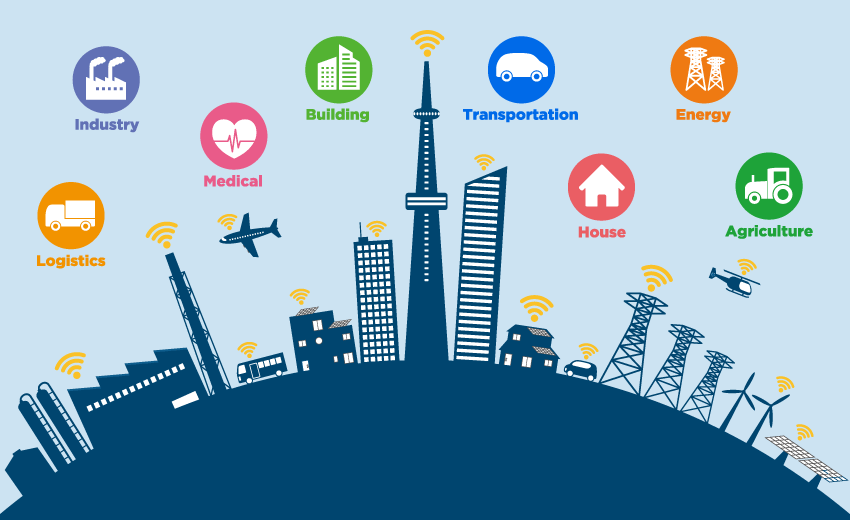Why AI Waste Reduction Matters for Sustainable Cities
In the pursuit of carbon neutrality, urban areas are turning to AI waste reduction strategies. Cities currently generate over 2 billion tons of municipal waste each year, and this figure is expectedto rise. Managing this growing problem requires requires better logistics and smarter systems. By using real-time sensors, artificial intelligence, and data analytics, municipalities can reduce carbon emissions, optimize collection routes, and improve recycling rates. In other words, smart waste management has become a cornerstone of sustainable urban development.
AI and IoT: Driving a New Waste Management Paradigm
Smart Bins and Sensor Integration
AI-powered waste management begins at the source. Smart bins equipped with IoT sensors can monitor fill levels, detect contamination in recycling, and track usage patterns. This real-time data enables city operators to optimize pickup schedules, avoiding unnecessary emissions from trucks making empty runs.
Data-Driven Route Optimization
Route optimization is one of the most impactful benefits of AI waste reduction. Algorithms analyze bin data alongside traffic patterns to design the most efficient collection routes. This saves fuel, reduces vehicle wear, and cuts labor costs, making the entire operation greener and more cost-effective.
Predictive Maintenance and System Health
Sensors installed in vehicles and waste facilities also enable predictive maintenance. AI models can detect when machinery or trucks are likely to malfunction, helping cities reduce downtime and carbon emissions by ensuring that their fleets and equipment operate at peak efficiency.
The Climate Impact of Smarter Waste Systems
Reducing Emissions from Collection Vehicles
Traditionally, waste collection has been one of the largest sources of emissions in public service logistics. Smart waste systems directly contribute to lowering urban CO₂ emissions by reducing unnecessary trips and idling times.
Minimizing Landfill Waste through Intelligent Sorting
AI-based vision systems are increasingly being used to sort recyclable materials more accurately. This increases recovery rates and reduces the use of landfills, wich area significant contributor to methane emissions,25 times more potent than CO₂.
Real-World Applications Across Emerging Cities
Several emerging economies are now integrating AI waste reduction strategies into their urban development agendas. Cities in the Middle East and Africa for example are deploying sensor-based collection systems to address rapid urban growth. These initiatives not only improve cleanliness but also foster citizen engagement through mobile apps that notify users when bins are full or report illegal dumping.
Challenges and Opportunities for Widespread Adoption
Although the benefits of reducing waste with AI are clear, there are still challenges. Upfront costs, data privacy concerns, and a lack of technical infrastructure can slow implementation. However, partnerships between municipalities, private companies, and international organizations are helping to overcome these hurdles.
Policy Support and Capacity Building
In order to scale smart waste solutions, governments need to enact supportive policies that encourage innovation, provide funding, and offer training for municipal workers. Cities that invest in digital infrastructure today will benefit from long-term environmental and financial returns.
Conclusion: Smarter Waste, Smarter Future
AI and sensor-based technologies are changing the way cities think about waste. Instead of viewing it as merely a disposal problem, cities now see waste as an opportunity to reduce their carbon footprints and build more resilient communities. For MTi Arabia and other like-minded innovators, the mission is clear: support public institutions and private stakeholders in adopting these smart, scalable systems.
The future of waste management isn’t just clean—it’s intelligent.
Discover how MTi can help you leverage these trends to revolutionize your business. Contact us here.



